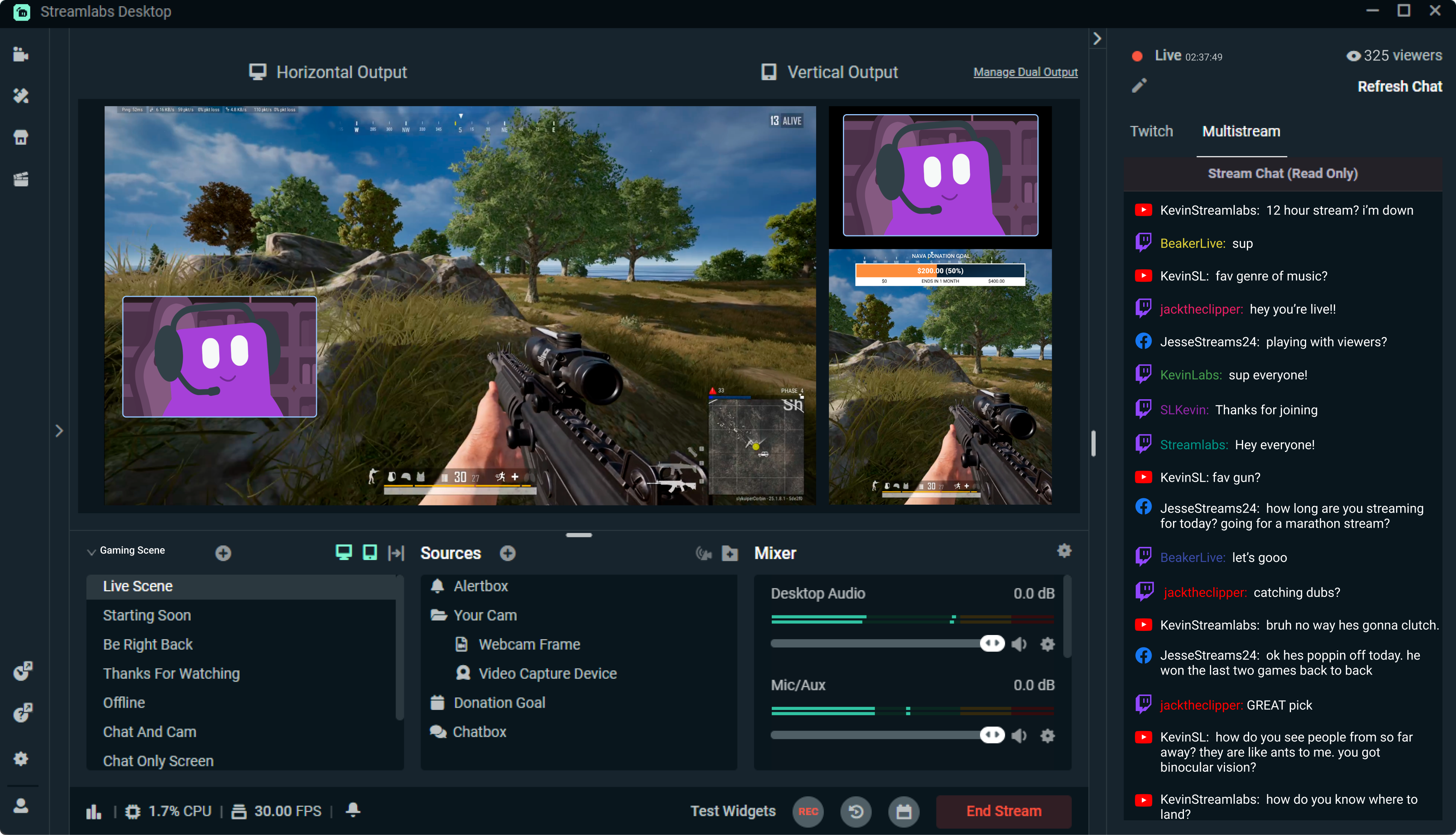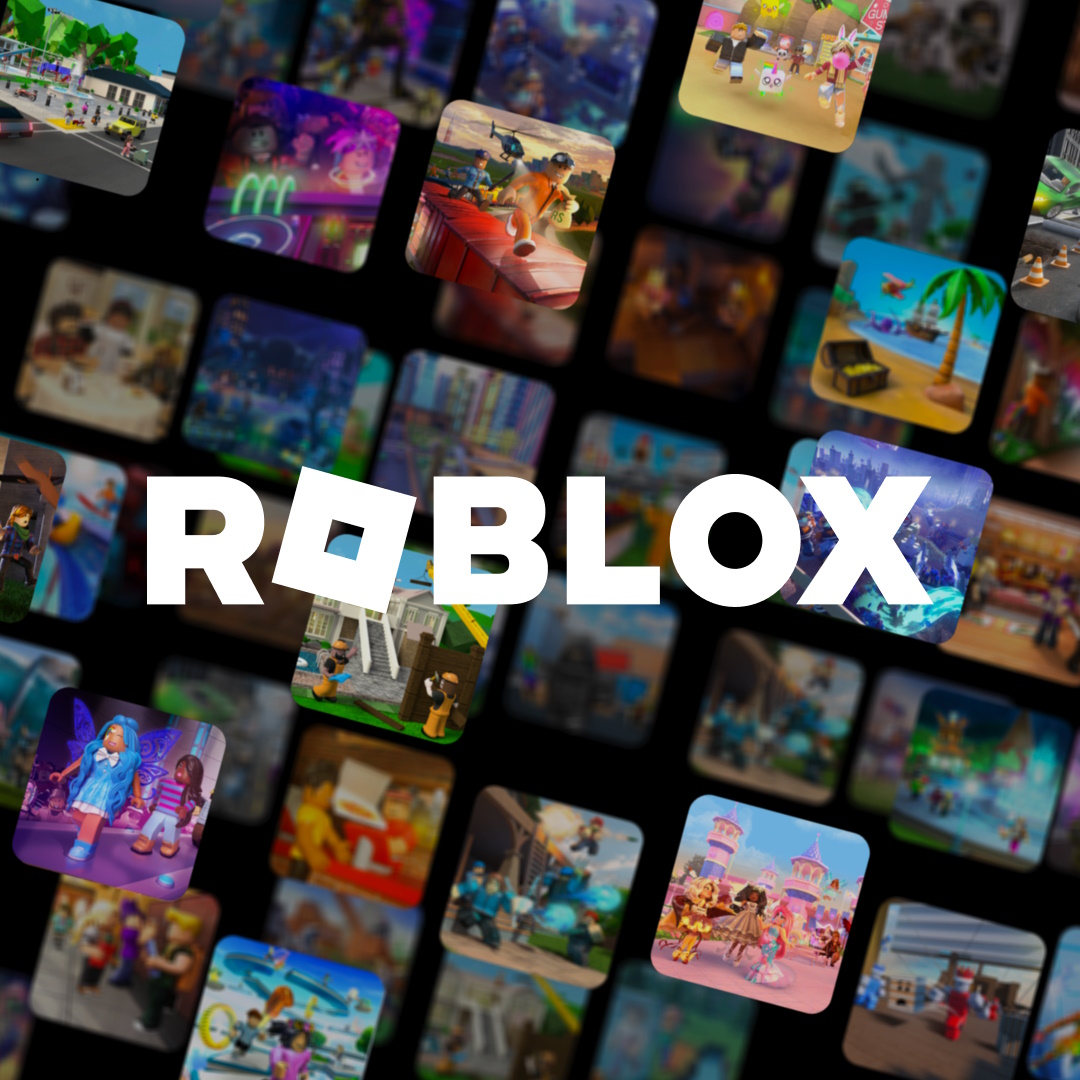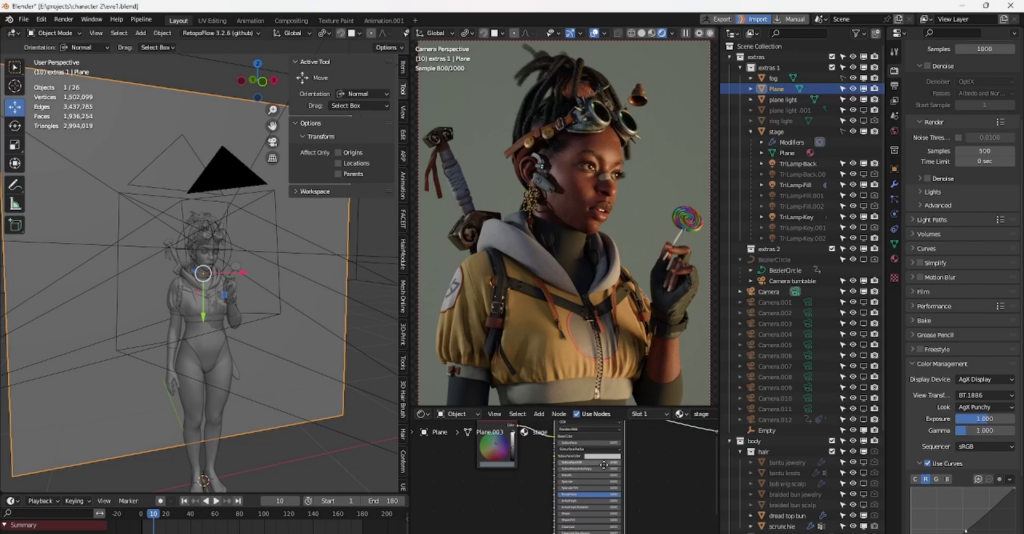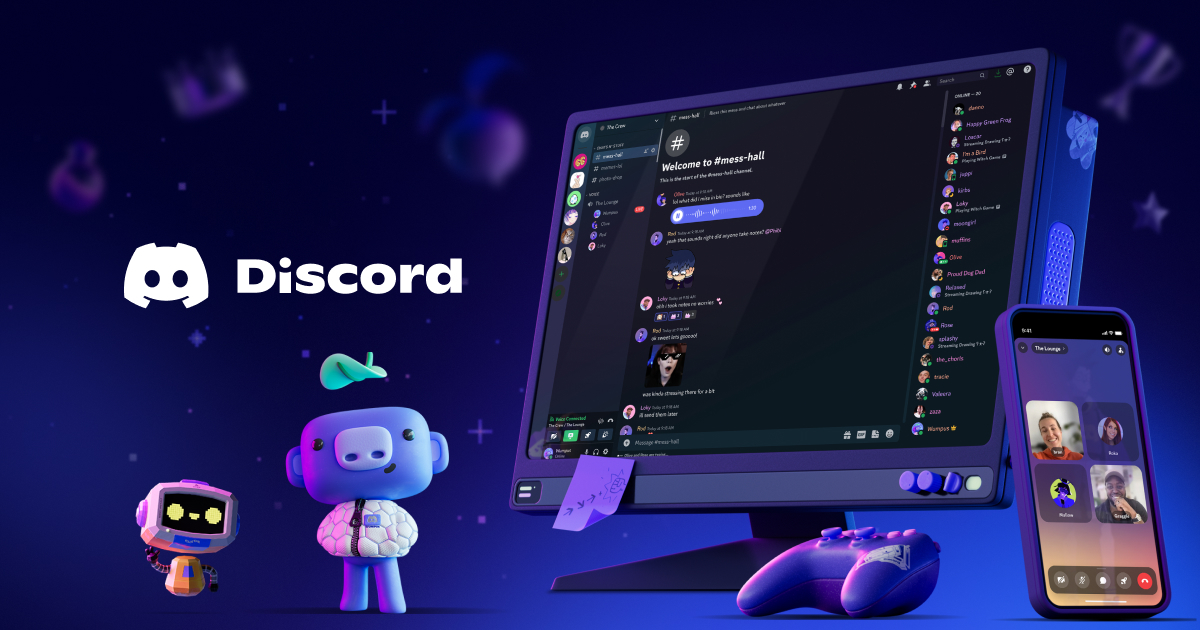.jpg?alt=media&token=988582f3-067b-424c-8efd-4be5da1b484d)
Xcode: The Unsung Hero of Apple's Developer Ecosystem
When you think of Apple, what comes to mind? The sleek design of the iPhone? The elegance of macOS? The innovation of the Apple Watch? All of these are powered by a tool that's often overlooked by the average user but is the backbone of Apple's software development: Xcode.
What Is Xcode?
Xcode is Apple's integrated development environment (IDE) for creating software for macOS, iOS, iPadOS, watchOS, and tvOS. It's the only official tool for developing and publishing apps to the Apple App Store. Netguru
But Xcode isn't just a code editor. It's a comprehensive suite that includes a code editor, debugger, interface builder, simulator, and more. It's designed to provide developers with everything they need to build, test, and deploy apps within the Apple ecosystem.
The Powerhouse Features of Xcode
1. Unified Development Environment
Xcode integrates all the tools you need into a single application. Whether you're writing code, designing interfaces, or testing your app, everything happens within Xcode. This unified approach streamlines the development process and reduces the need to switch between different tools.
2. Swift and Objective-C Support
Xcode supports Apple's native programming languages: Swift and Objective-C. Swift, introduced in 2014, is a modern, fast, and safe language designed for iOS and macOS development. Objective-C, Apple's original language, is still widely used and supported in Xcode.
3. Interface Builder
Designing user interfaces is a breeze with Interface Builder. This visual tool allows developers to design their app's UI by dragging and dropping components, making it accessible even to those without a design background.
4. Simulators
Xcode comes with simulators for all Apple devices, including iPhone, iPad, Apple Watch, and Apple TV. These simulators allow developers to test their apps on different devices and screen sizes without needing the physical hardware.
5. SwiftUI
SwiftUI is a declarative framework introduced by Apple to build user interfaces across all Apple platforms. Integrated into Xcode, it allows developers to create UIs with less code and in a more intuitive way.
6. Playgrounds
Xcode Playgrounds provide an interactive environment to write Swift code and see the results immediately. This is perfect for experimenting with code snippets or learning Swift.
7. Debugging and Profiling Tools
Xcode includes powerful debugging and profiling tools to help developers identify and fix issues in their code. Instruments, for example, allows developers to analyze performance, memory usage, and other aspects of their app.
8. App Store Integration
Xcode seamlessly integrates with the App Store Connect, allowing developers to manage app metadata, submit apps for review, and monitor app performance directly from the IDE.
Xcode in the Real World
Xcode isn't just for hobbyists or students; it's used by professionals to create some of the most popular apps in the world. Companies like Instagram, Airbnb, and Uber rely on Xcode to build their iOS applications.
But it's not just about big companies. Independent developers and startups also use Xcode to bring their ideas to life. The accessibility and comprehensive nature of Xcode make it an attractive option for developers of all levels.
The Future of Xcode
Apple continues to evolve Xcode to meet the needs of modern developers. The introduction of Swift Assist, an AI-powered coding assistant, is a testament to this. The Verge While still in development, Swift Assist aims to automate code writing, editing, and testing, making the development process even more efficient.
FAQ
Q1: Is Xcode free?
A: Yes, Xcode is free to download and use. It's available on the Mac App Store.
Q2: Can I use Xcode on Windows?
A: No, Xcode is only available for macOS. However, you can use a virtual machine or a cloud-based macOS environment to run Xcode on Windows.
Q3: Do I need a Mac to develop iOS apps?
A: Yes, a Mac is required to run Xcode and develop iOS apps. However, you can test your app on a physical iOS device without a Mac.
Q4: Can I use Xcode for Android development?
A: Xcode is designed for Apple platforms. For Android development, you'll need to use Android Studio.
How to Get Started with Xcode
-
Download Xcode: Visit the Mac App Store and search for Xcode. Click "Get" to download and install it.
-
Set Up Your Development Environment: Open Xcode and follow the prompts to install any additional components.
-
Create a New Project: Once Xcode is set up, you can create a new project by selecting "Create a new Xcode project" from the welcome window.
-
Choose a Template: Xcode offers various templates for different types of apps. Choose the one that best fits your project.
-
Start Coding: Use the code editor to write your app's code. You can also design your app's interface using Interface Builder.
-
Test Your App: Use the built-in simulators to test your app on different devices.
-
Debug and Profile: Use Xcode's debugging and profiling tools to identify and fix any issues.
-
Submit to the App Store: Once your app is ready, you can submit it to the App Store directly from Xcode.
The Bottom Line
Xcode is more than just an IDE; it's a comprehensive development environment that empowers developers to create high-quality apps for Apple's platforms. Whether you're a seasoned developer or just starting, Xcode provides the tools and resources you need to bring your ideas to life.
So, the next time you swipe through your iPhone or MacBook, remember that behind every app is a developer using Xcode to make it all happen.
Suggested for You

Streamlabs: The Unsung Hero of Live Streaming
Reading Time: 5 min
Discover how Streamlabs has revolutionized live streaming for creators, offering tools that empower ...
Read More →
Mastering Roblox Studio: The Ultimate Guide to Building, Gaming, and Monetizing Your Virtual Worlds
Reading Time: 5 min
Explore Roblox Studio like a pro. Learn tips, tricks, and tools to create, publish, and monetize gam...
Read More →
Blender: The Open-Source Powerhouse Redefining 3D Creation
Reading Time: 5 min
Discover how Blender, the open-source 3D creation platform, is revolutionizing digital artistry with...
Read More →
Discord: The Digital Agora of the 21st Century
Reading Time: 5 min
Explore how Discord has evolved from a gamer’s haven to a global community hub, blending culture, te...
Read More →
Comments